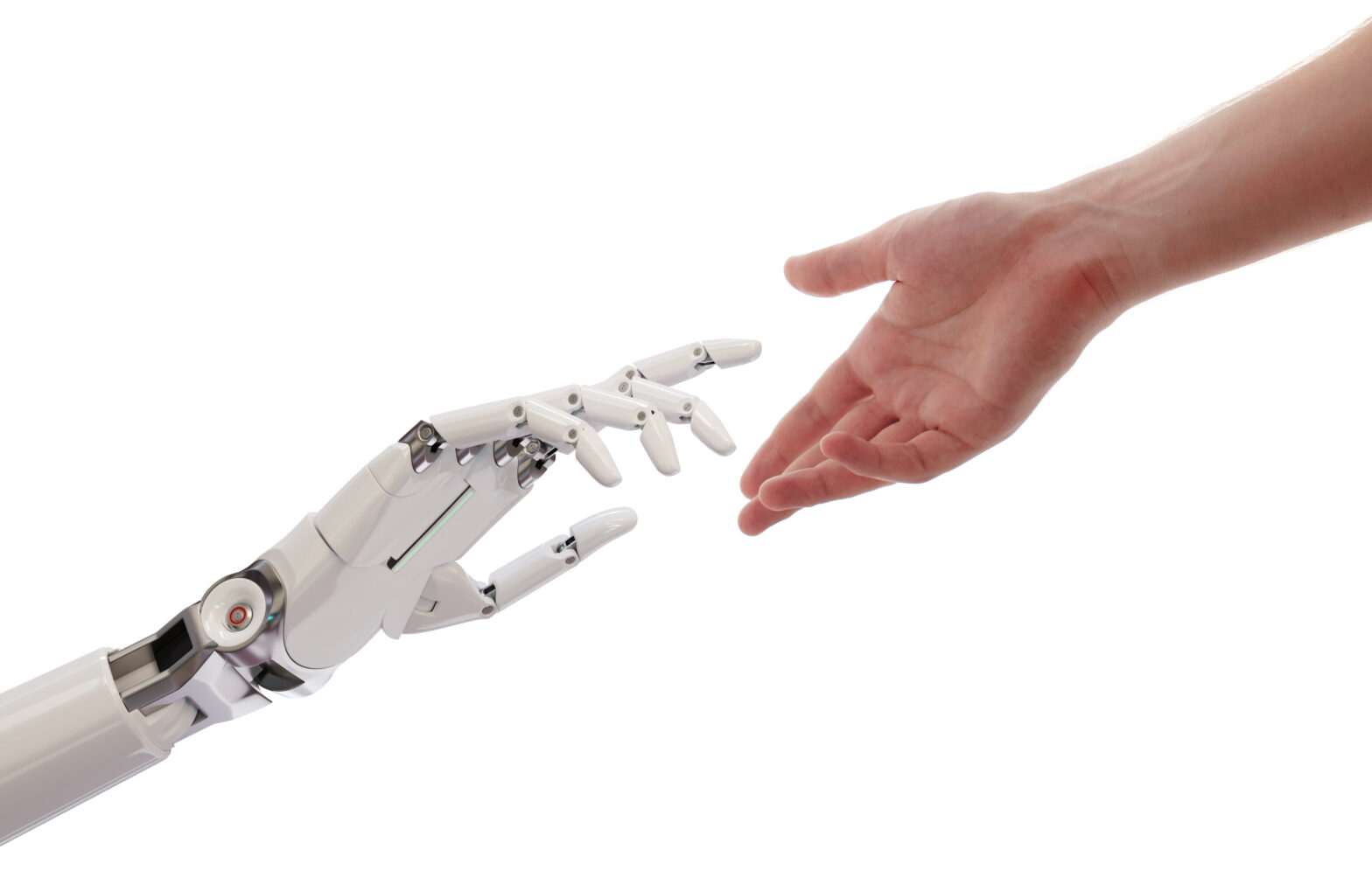How do you feel about artificial intelligence? Are you looking forward to a future where robot butlers and an AI assistant may become a natural part of your life?
Despite mainstream media concerns over the next industrial revolution driving the traditional working class (or about 14 per cent of British society) into obsolescence, the state of British business in 2016 already incorporates robotics and AI across functions.
Robotic Process Automations: a lifesaver
Robotic Process Automation (RPA) allows employees in a company to configure computer software to capture and interpret existing applications for processing a transaction, manipulating data, triggering responses and communicating with other digital systems. In short, RPA simplifies a lot of inherently time consuming and tedious work, freeing up employee time to work “smarter”.
“The implementation of RPA, software and technology into a company should, in our view, be carried out with the intention of supporting and improving existing processes, not to replace human interaction,” Laurie Padua, director of technology and operations consulting at Alexander Mann Solutions explained.
Given that there will be a need for skilled individuals to implement and manage these systems on an on-going basis, Padua believes the idea that robots will lead to a reduction in headcount is simply untrue.
Alexander Mann Solutions now has seven RPAs deployed in a variety of trials to make the routine elements of the hiring process as efficient, fast and accurate as possible. “As a result, big brands in the global energy sector and retail banking arena have already seen vast improvements in the efficiency of hiring and on-boarding processes,” Padua added.
“When we talk of the rise of robots many are struck with fear and arguably horror at the thought of jobs being replaced by technology and a reduction in human interaction. But the simple fact is ‘robots’ can be hugely beneficial in many elements of a business’s operations, without impacting headcount.”
Delivery droids and API AI
Starship Technologies’ delivery robots were introduced in Greenwich, London, earlier this summer, and now the largest European food delivery company, Just Eat, and innovative London food delivery start-up Pronto.co.uk are signing up for full-scale testing of the new delivery robots. Meanwhile, Uber’s new API (application programming interface) for its on demand delivery service UberRUSH – ‘an Uber for things’ – has already taken US companies, including Google Express, by storm
UberRUSH’s new API for its on-demand delivery services mean businesses can have access to thousands of crowdsourced delivery services built into their own websites and apps. It also enables companies to give customers the option of having their goods delivered by thousands of (human) drivers, as opposed to droid delivery bots the likes of JustEat and Pronto are rolling out.
From a customer service and safety perspective, these delivery droids are still monitored by human operators in control centres who can take over remotely if the need arises.
“Our new hope is the API will become a catalyst for thousands of new SME businesses here in the UK; offering everything from drone hire to dry cleaning,” according to ParcelHero‘s head of consumer research, David Jinks MILT.
According to Jinks, convenient same-hour deliveries are as important as the price of an item to many consumers, if not more so. “Uber has made on-demand delivery available for every scale of business through the addition of just a few lines of code. By making its UberRUSH API available to everyone, developers and businesses alike, it is enabling entrepreneurs to create completely new types of companies,” he explained.
Considering the growing appeal of delivery robots for businesses, Starship Technologies may need to prepare for a surge in demand. The company was launched in 2014 by Skype’s co-founders, and has introduced autonomous robots designed to deliver goods locally in 15 to 30 minutes within a two to three-mile radius.
“In our recent report – The Uberfication of Deliveries – we predicted UberRUSH will arrive in the UK very soon. Giving UK businesses the ability to add an on-demand delivery component to their own applications makes it more likely UberRUSH will launch here sooner rather than later: before copycat ‘unter Ubers’ poach this huge potential market. Meanwhile, the rise of the robots is already happening here in the UK, as autonomous drones are now delivering your chilli ginger salmon meal, and before long, your urgent parcels,” Jinks added.
Driverless cars
The intelligent mobility market is estimated to be worth £900 billion per year globally by 2025. In February this year, eight new driverless car projects were awarded £20 million in funding to research and develop enhanced communication between vehicles and roadside infrastructure, including new ‘talking car technologies’.
The projects are the first to be funded from the Government’s £100 million Intelligent Mobility Fund. They range from developing autonomous shuttles to carry visually-impaired passengers using advanced sensors and control systems, to new simulation trials for autonomous pods to increase uptake and improve real-world trials.
Business Secretary Sajid Javid sees the cars of the future as being the first comprehensive use of AI and robotics in daily life.
“Our cars of the future will be equipped with the technologies that will make getting from A to B safer, faster, and cleaner. They will alert drivers of accidents ahead and be able to receive information from their surroundings about hazards, increasing the safety of drivers, passengers and pedestrians,” he said
“Britain is a world-leader in research and development in such innovative technologies which improve lives and create opportunity for all. That is why this government has protected the £6 billion science budget and is providing up to £20 million for these projects.”
Trials to test driverless cars on the streets are currently being worked on in Bristol, Coventry and Milton Keynes, and Greenwich. Autonomous vehicles are also being used in Heathrow to shuttle passengers, although these are currently on designated tracks.
For businesses, this ease of mobility can make cities across the UK accessible, boosting nationwide connectivity for a bigger customer base.






